By Martha Agas, News Agency of Nigeria (NAN)
The Ajaokuta Steel Company Ltd (ASCL) as the name implies, is located in Ajaokuta, in the north central state of Kogi, on 24,000 hectares of land was established in 1979 by the government of President Shehu Shagari.
It was meant to drive Nigeria’s modernity through industrialisation. The steel plant is not just a rolling mill but an integrated iron and steel plant with about 43 units.
By design, it has four rolling mills: the Billet Mills, the Light section Mill (LSM), the Wire Rod Mill and the Medium section and Structural Mill.
They are all envisaged to facilitate numerous socio economic benefits to the country and enhance the nation’s productive capacity through its integration with other industrial sectors.
This is in addition to serving as a means of saving and earning foreign exchange.
Besides supplying materials for infrastructure development, the plant is expected to produce 10,000 direct jobs in its first phase. The multiplier effect is projected to generate an additional 500,000 indirect jobs.
Before the Shagari administration was ousted by the junta in1983, it was 84 per cent completed and by 1994, it was 98 per cent completed.
However, the project could not continue due to a lack of funds, mismanagement and legal battles.
Unfortunately, what was meant to be Nigeria`s pride, 40 years later, remains in a comatose as efforts by past governments to complete its construction and resuscitate the then functional parts yielded no result.
While previous efforts and promises to resuscitate the plant may seems cliché, President Bola Tinubu`s assured that a significant difference would be seen before his tenure expires.
This aligns with his vision of the renewed hope agenda which has economic diversification as one of its major flanks.
The target is to grow the economy of Nigeria to more than one trillion dollars by the end of its first term.
When Tinubu took the helm of the nation`s affairs on May 29, 2023, he promised to remodel Nigeria`s economy to bolster growth and development.
He also said that his industrial policy would utilise the full range of fiscal measures to promote domestic manufacturing and lessen import dependency.
To achieve this feat, he embarked on reforms and initiatives aimed at rejuvenating the economy and promoting industrialisation in Nigeria.
However, for this to happen, the iron and steel industry must be priortised and fully developed because of its crucial role in achieving this feat.
The president emphasised the importance of a revitalised steel industry, as a catalyst for robust economic growth and a gateway to immense opportunities for Nigeria’s vast pool of talented entrepreneurs.
In line with this, the president established the Ministry of Steel Development in August 2023, to champion the vision and work on the improvement of all steel and metallic resources in the country for economic growth.
The ministry`s mandates include to resuscitate the Ajaokuta steel company and the National Iron Ore Mining Company (NIOMCO) Itakpe, and also to revive the steel industry.
The move is also in keeping to his campaign promise of resuscitating the Ajaokuta Steel Company by the end of his second term, aimed at creating 500,000 jobs to lift Nigerians out of poverty.
For a company that has been in comatose for 40 years, resuscitating it requires courage and political will which the Tinubu administration appears to have.
Experts estimate that a minimum of two billion dollars is required to resuscitate it.
Discussions with the original equipment builders of the steel plant, Russian company, Tyamzhpromexport (TPE) to complete the job they started 45 years ago are on-going.
Although the Chinese, Indian and Arab companies have indicated interest, to handle the job, the Russian consortium, comprising a team from Russia’s TPE/Rostec, Novostal, and Nigeria’s Proforce, are chiselling out a blueprint for the revival of the plant.
To demonstrate his commitment to the resuscitation, Tinubu appointed an indigene of Kogi, Prince Shuiabu Audu, as the Minister of Steel Development.
It is projected that his success would be a source of pride to Nigeria, and particularly to his kinsmen, whom he would not want to disappoint.
When Audu took office, he said the ministry would adopt a collegiate approach to reviving the plant by exploring all realistic means.
One of the approaches is a three-year roadmap of short and medium term plans.
Under the arrangement, due to the substantial amount involved, the units would be concessioned to investors with core competence to manage them.
At the ministerial sector update on the performance of the Tinubu`s administration, Audu said he directed that while navigating through resolving broader issues, the challenges that could be resolved in immediate term should be addressed.
In line with the directive, the minister set in motion the revival of the Light Mill Section (LSM) of the plant, projected to produce 400,000 metric tonnes of iron rods per annum.
These rods would be used for the construction of 30,000 KM of roads across the six geopolitical zones in the President`s first term.
This is part of the concrete road revolution of the renewed hope agenda of the president.
The construction is estimated to require seven million metric tonnes of iron rods over the four year period, about which Shuiabu mentioned talks have been held with the Minister of Works.
He added that Ajaokuta can produce 400,000 tonnes of it, and although it is a small amount, the president wants the company to supply some of the rods needed for Federal Government projects.
In realising this feat, the minister obtained presidential approval to raise private capital to restart the LSM.
“We are at the final stages of raising over N35 billion from a local financial institution, which is around 25 million US dollars to be able to restart the light section mill of the complex so that we can produce iron rods.
“The local financial institution has given us a final offer which I have done a cover letter and forwarded the relevant documents to the minister of finance to be able to take the financing on behalf of the federal government.
“This is through signed promissory notes that will be discounted and provided for the Ajaokuta mill to be able to get back on track in terms of the iron rods production.
“That light section mill has the capacity to produce up to 400,000 metric tonnes of iron rods per annum,“ he said.
He said that the Federal Government plans to establish Ajaokuta as a Free Trade Zone to attract Foreign Direct Investment (FDI) and to diversify the country`s economy.
“Part of the plan is to designate the 24,000 hectare land of Ajaokuta as an Industrial Park and create a Free Trade Zone to further attract Foreign Direct Investment’’, he said.
The second stage of the plant`s resuscitation involves producing military hardware.
The Federal Government has taken steps to begin the production of military hardware in the Ajaokuta Steel Complex, as the Ministries of Steel Development and Defence are set to sign a Memorandum of Understanding (MOU) for the implementation.
The plant has engineering workshops with the capacity to manufacture hardware for the military under the Defence Industries Corporation of Nigeria (DICON) Act.
Stakeholders observe that the move is timely, considering Nigeria`s enormous security challenges.
The minister mentioned that the Metallurgical Development Centre in Jos has the capability to provide the Lead and Zinc required to produce military hardware such as rifles, vests, helmets and bullets, among other things in the Ajaokuta Steel Complex.
While these stages are in motion, discussions have begun on reviving the 110 megawatt power plant in Ajaokuta, which can supply power not only to the plant but also to the national grid.
Due to the difficulties in securing funds to implement the plan, the minister is spearheading some initiatives for public-private partnerships.
In this framework, the asset would serve as collateral, enabling private investors to provide financing and expertise to rehabilitate the power plant.
The potential investors include Transcorp Power, Niger Delta Power Holding and Reticulated Global Engineering.
But while these efforts are on-going, there are myths surrounding the delay in the completion of the plant.
Leaders of Geregu and Ajaokuta, the company’s host communities, said in the past that the non-completion was due to mystical forces arising from the neglect of the communities.
They still live with the unfulfilled promises made to them of road construction and rehabilitation, the repair of their schools and other developmental projects. They say the gods must be pacified to make any tangible progress.
The Chairman of Geregu Community Association, Alhaji Idris Aliyu, said that the ancestors are not happy because the agreement reached when the company acquired their lands in 1976 has not been implemented.
He urged that their bad roads be fixed and schools repaired as promised.
While these claims may not be empirical, it is important that all necessary land compensation be fulfilled and basic amenities provided for the communities.
After decades of delay, will Tinubu deliver on his promise or will the long wait continue? (NAN Features)
**If used please credit the writer and News Agency of Nigeria.

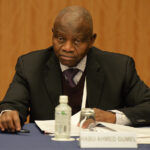
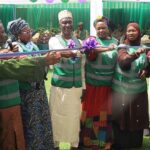

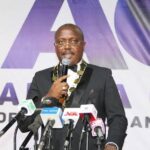



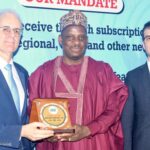
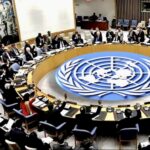

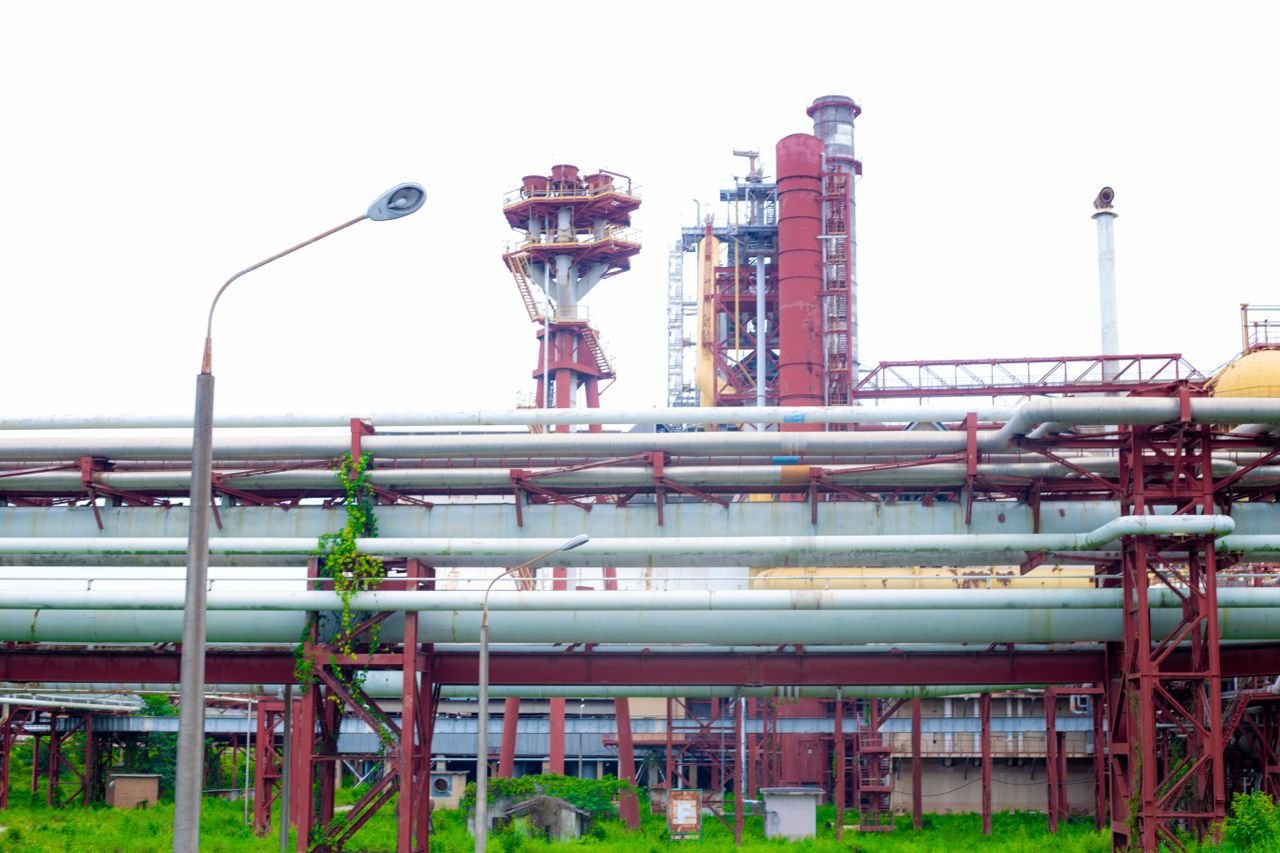

Very very interesting